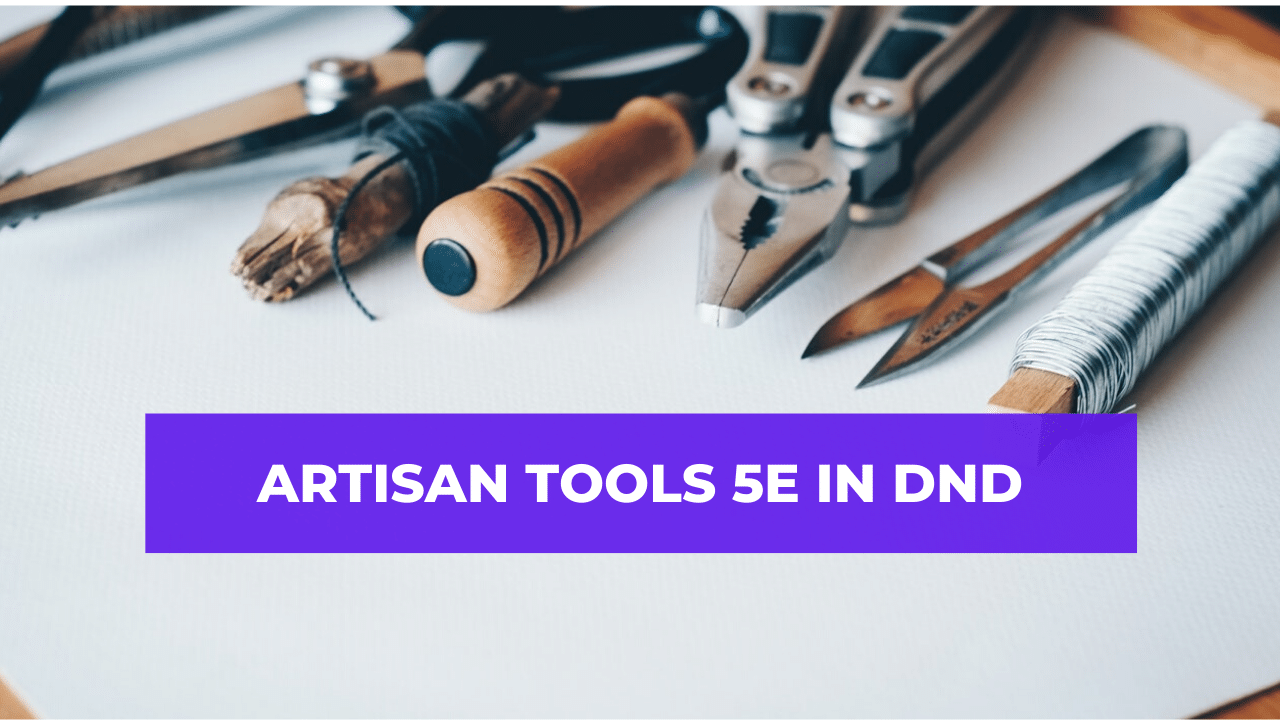Your child has started violin lessons for kids recently, and you are comparing notes with your friends who have children the same age group as your child. You notice that your child’s progress on the violin is much slower and you are wondering why.
For example, your friend’s child can play “Bach’s Minuet Number 3” flawlessly with perfect pitch, rhythm and expression. On the other hand, your child is still struggling on the basic D major scales and arpeggio.
Fret not! It is normal to compare notes to see progress. But do not succumb to be a tiger dad or tiger mum – by definition, this is a parent who exerts too much control over the academic progress of their children. Best to let your child progress based on his or her ability in starting violin lessons.
According to Rita Yeo of Stradivari Strings, a violin school with maestro level music teachers, there are certainly ways to nudge your child along and not be too over bearing that it kills the interest in learning the violin for your child. Your child should look forward to, and enjoy his or her weekly violin classes for kids.
What are the three ways you can turbo charge your child’s progress in learning the violin?
First Method: Start Parent – Child Violin Lessons
The key to improving one’s violin technique week by week is the quality of daily practice the violin student puts in.
If your child is age three to eight years old, Rita Yeo of Stradivari Strings encourages one parent to learn the violin together with the child. This is what she terms, “parent – child violin classes for beginners”. In fact, the adult need not necessarily be a parent. It could be an uncle or aunt or grand-parent.
The key point is this. Adults tend to have faster capacity to learn what the teacher covers during each lesson. With the concepts learnt, the adult then can take what has been taught and after the lesson, apply it to the daily practice in between lessons. For beginner violin students, it is prudent to practice every day in short sessions of fifteen to twenty minutes. This is better than doing last minute practice of two hours just before weekly lessons.
So effectively, the parent (or adult partner learner) acts the role of the teacher in practicing and revising what was covered during lesson. This reinforcement is very important for younger children age three to eight. Older children are more independent and need not necessarily have the need for parent-child lessons.
One bonus of parent-child violin lesson for beginners is that this aids in fostering the bond between two parties. Years later when parent and grown up child reminisce this part of their lives, they are going to have sweet memories of the tears and joys in their quest to master playing the violin.
Second Method: Open Your Child’s Eye To The World Of Classical Music
This is very important in showing your child what the possibilities are, after he or she masters playing the violin and achieves maestro level.
One was is to bring your child to watch your local orchestra or strings ensemble group perform live. During pre-covid 19 days, going to the concert hall to watch your favourite orchestra perform classical pieces, is easily accessible. With the pandemic now on-going, this may not easily be an option for you.
The next best thing will be to watch classical concerts on youtube or Netflix. You need not restrict yourself to classical concerts. It can be a soloist performing on any bowed strings instrument like the violin, viola, cello or double bass. Other social media platforms you may use include Instagram and tik tok, with the latter being the current “in” social media platform to be on.
After getting this type of visual and hearing exposure via the myriad of social media platforms available, your child will want to ace his or her violin classes for beginners.
Third Method: Hire A Violinist To Practice With Your Child
If the first method of “parent-child violin lessons Singapore” does not work for you, either because you or your spouse are too busy to devote time to attend weekly adult violin lessons and daily practice sessions with your child, you may want to hire a violinist to practice with your child.
The practice sessions with the violinist need not be on a daily practice. Two times or three times a week as a start is good. What is the criteria of the violinist whom you wish to engage for this purpose?
First of all, the violinist must have some form of accredition such as grade eight Associated Board of Royal Schools of Music (ABRSM) qualifications. This more or less assures you that the violinist knows the proper basic to intermediate level playing techniques.
Secondly, the violinist you hire for this purpose must also be patient. No doubt this person’s priority is to ensure that your child practices the violin correctly. However most children may not listen to instructions or have rather short attention span. Some kids even may try to get away with the full practice sessions by finding excuses like going to the kitchen to grab a drink or going to the restroom to take a break.
Thirdly, the violinist whom you hire must not deviate too much in terms of the methodology and pedagogy used by the violin teacher. If for example the violin coach uses the Suzuki method, then the violinist hired to do the twice or three times weekly practice sessions should also be familiar with this method. If the violin teacher uses the Kinsey and Woof technique books, then similarly the violinist must also be familiar with these practice pieces.
I hope that you have now, three actionable points which you can actively start in getting your child turbo charged in terms of his or her violin progress. Remember, give your child the time and space to do this to the best ability. Good luck!













